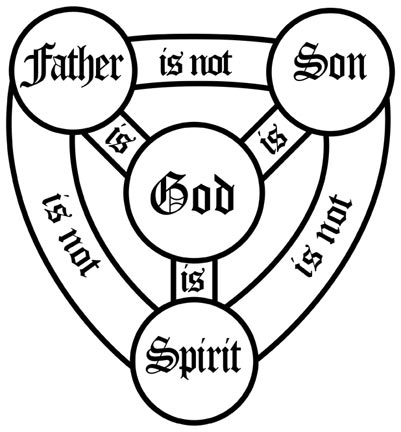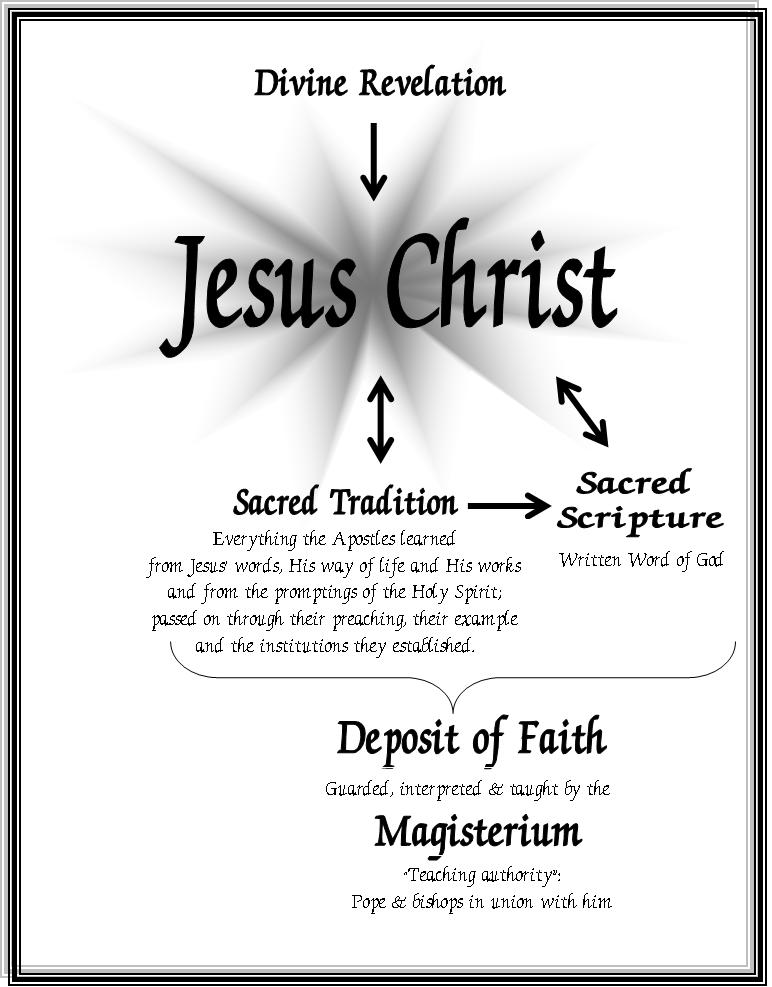kepha31
Regular Member
I have no idea what you are talking about. Twice you have asserted "unscriptural doctrines" without a single example. You throw the word "doctrine" around like it was a dirty rag.Well, various doctrines have found their way into the Catholic church which are not found in scripture at all. If the church didn't invent them, who did?
The term "doctrine" comes from the Latin word doctrina, which simply means "teaching."
As used today, though, the word means a bit more than that. Ideas developed by a faithful Catholic theologian may represent Catholic theology but that do not make them Catholic doctrine.
For that the intervention of the Magisterium is needed, so a basic definition of the term is that a doctrine is a proposition (or set of propositions) taught by the Magisterium of the Church.
In some cases the term "doctrine" may be used to refer to things that have been infallibly taught by the Magisterium. It may even be used as a synonym for "dogma," but it is easy to show that this is not always the case.
It is authentic Catholic doctrine and it rests on the unchangeable truth of our revealed faith. But it needs to be explained, and the explanation is a classic example of what we call development of doctrine.
By development of doctrine, we mean that some divinely revealed truth has become more deeply understood and more clearly perceived than it had been before. Under the guidance of the Holy Spirit, whom Christ promised to send to teach us, the Church comes to see more deeply what she had always believed, and the resulting insights find expression in devotion of the faithful that may have been quite uncommon in the Church's previous history. The whole spectrum of Christology and Mariology has witnessed such dogmatic progress.
The Catholic Church defines doctrinal development as a growth of depth and clarity in the understanding of the truths of divine revelation. It is important to understand that the substantial or essential truths at the core of each doctrine (as part of the one apostolic deposit, given from Christ to the apostles) remain unchanged. The Catholic Church preserves this deposit, and is the Guardian of it. Only the subjective grasp of men increases, without the actual doctrine or dogma changing in an essential way. This is the main distinction to keep in mind when considering development.
This increase is the result of the prayerful reflection of the Church, theological study and research (often occasioned by heretical challenges), practical experience, and the collective wisdom of the Church’s bishops and popes, especially when joined in Ecumenical Councils.
Like many Christian doctrines, the idea of doctrinal development is based on much implicit or indirect scriptural evidence. The best indications are perhaps Mt 5:17, 13:31-32, Jn 14:26, 16:13, 1 Cor 2:9-16, Gal 4:4, Eph 1:10, 4:12-15. Furthermore, doctrine clearly develops within Scripture itself (“progressive revelation”).
Some examples would be: doctrines of the afterlife, the Trinity, the Messiah (eventually revealed as God the Son), the Holy Spirit (a Divine Person in the New Testament), the equality of Jews and Gentiles, bodily resurrection, sacrifice of lambs evolving into the sacrifice of Christ, and so forth. Not a single doctrine emerges in the Bible complete with no further need of development.
In general, whenever Holy Scripture refers to the increasing knowledge and maturity of Christians and the Church, an idea very similar to doctrinal development is present. Holy Scripture, then, is in no way hostile to development.
The Church is called the “Body” of Christ often (e.g., Eph 1:22-3), and is compared to a seed that grows into a tree (Mt 13:31-2). Seeds and bodies grow and expand. Yet Protestants tend to see Church and doctrine as more like a statue, subject to pigeon droppings (i.e., so-called Catholic “corruptions”!). This robs the metaphors of Christ of their essential meaning.
Doctrines agreed upon by all develop, too.
The Divinity or Godhood of Christ was only finalized in 325 at the Council of Nicaea,
and the full doctrine of the Trinity in 381 at the Council of Constantinople.
The dogma of the Two Natures of Christ (God and Man) was proclaimed in 451 at the Council of Chalcedon. These decisions of General Councils of the Church were in response to challenging heresies. Why should Protestants accept these authoritative verdicts, but reject similar proclamations on Church government, the Eucharist, Mary, Purgatory, etc.?
Although understanding increases, the essential elements of doctrines exist from the beginning. Today’s Church shouldn’t be expected to look like the primitive Church if it is a living, vibrant, spiritual organism. But even the early Church looks like a small “Catholic tree.” It doesn’t look like a Protestant “statue,” increasingly corrupted by an encroaching Catholicism, as one common viewpoint would have it.
The idea of doctrinal development is a key, in any case, for understanding why the Catholic Church often appears on the surface as fundamentally different than the early Church. Thoughtful Protestants owe it to themselves and intellectual honesty to ponder this indispensable notion before criticizing the allegedly “unbiblical excesses” of Catholicism.
Upvote
0





